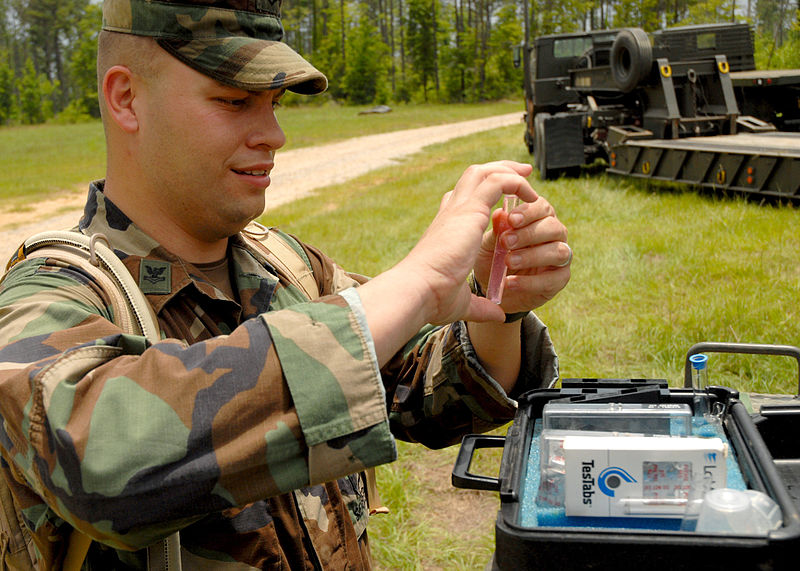
Water Testing Made Simple Using Pills
By Dan DeBaunShare
A research team from McMaster University, Ontario, Canada, has come up with an ingenious solution that allows water to be tested on-site rather than having samples collected and sent to a lab for analysis, which is not only a painfully slow process but also laborious and expensive. So instead of collecting and sending water samples to a lab, the lab can in effect be taken to the water source, empowering people from all walks of life to literally test the waters before they drink, which could potentially save lives.
By adapting the technology used in dissolving breath strips, the researchers have condensed the complex chemistry that is required to test water quality into a pill form. Now, if you need to know whether the water in your well is safe to drink, simply pop a pill into a vial filled with water from your well, give it a good shake; if the water changes color you have your answer – instantly, on the spot. This development could potentially provide access to a quick, simple and cost affective method of testing water quality to people all over the world. The technology could have significant public health benefits by offering a simple solution for testing drinking water in remote areas and in developing countries where water testing infrastructure is lacking.
“We got the inspiration from the supermarket,” says Carlos Filipe, a professor of chemical engineering who worked on the project. Fellow team member, Sana Jahanshahi-Anbuhi, a PhD student in Chemical Engineering, got his 'Eureka!' moment when he came across some dissolving breath strips whilst shopping at his local store, realizing that the material used in the breath strips could be used in other applications. The scientists have created a method of storing precise amounts of active ingredients and enzymes into pills consisting of the same natural substance used in dissolving breath strips, which now makes lab-quality water testing technology easily accessible to people who need to know whether their drinking water source is contaminated or safe to drink.
“This is regular chemistry that we know works but is now in pill form,” says John Brennan, director of McMaster's Biointerfaces Institute, where the technology was developed. “The user can be anybody in a village somewhere who can take a pill out of a bottle and drop it in water.”
The substance, known as pullulan, turns into a solid form when dry, protecting sensitive chemical agents from exposure to oxygen and changes in temperature that can destroy them within hours. Previously, these sensitive agents had to preserved by keeping them in cold storage and shipping them in vials surrounded by large blocks of dry ice, which was not only costly, but also very inconvenient. This newly developed method, which is described in a paper published online in the European chemistry journal Angewandte Chemie, also has the potential to be used in other applications, such as food packaging that could change color if the contents become spoiled. “Can you modify packaging so it has a sensor to tell you if your chicken has gone off?” Brennan asks. “The reason that doesn't exist today is because there's no way you can keep these agents stable enough.”
This newly developed method allow us to store the same substances practically anywhere in pill form for long periods of time without the need for complex refrigeration and cooling. The pills are cheap to produce and can be used by anyone who needs to test the water in their well for contaminants such as pesticides, heavy metals or e.coli, for example. With this simple water testing solution, people will be empowered to test their drinking water themselves and if contaminants are detected, they can implement measures such as using a water filter to remove the contaminants to ensure that their water is safe to drink.
Journal Reference: Sana Jahanshahi-Anbuhi, Kevin Pennings, Vincent Leung, Meng Liu, Carmen Carrasquilla, Balamurali Kannan, Yingfu Li, Robert Pelton, John D. Brennan, Carlos D. M. Filipe. Pullulan Encapsulation of Labile Biomolecules to Give Stable Bioassay Tablets. Angewandte Chemie International Edition, 2014; DOI: 10.1002/anie.201403222
-
Regular price From $302.00 USDRegular priceUnit price / per
-
Regular price $234.00 USDRegular priceUnit price / per
-
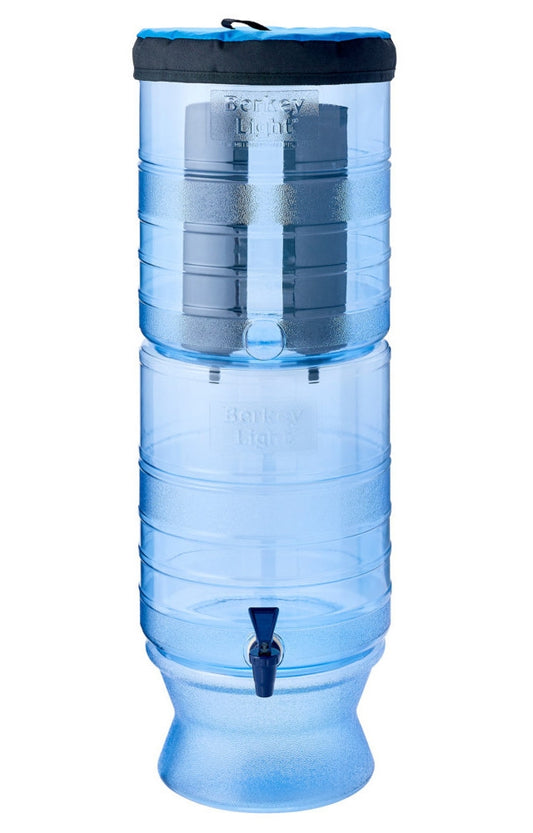
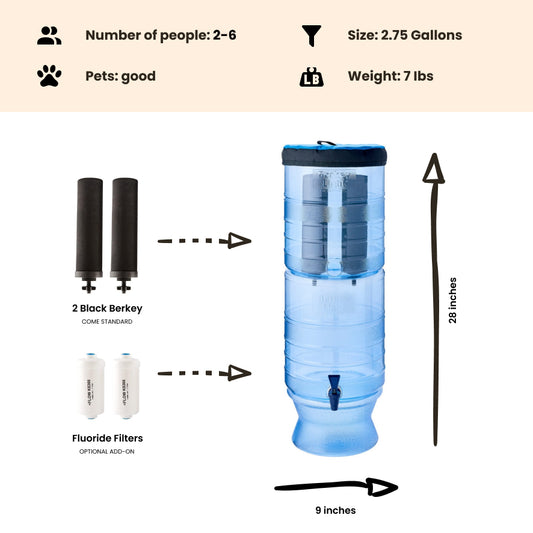 Sold outRegular price From $305.00 USDRegular priceUnit price / per
Sold outRegular price From $305.00 USDRegular priceUnit price / per -
Regular price $327.00 USDRegular priceUnit price / per
-
Regular price From $367.00 USDRegular priceUnit price / per
-
Regular price From $408.00 USDRegular priceUnit price / per
-
Regular price From $451.00 USDRegular priceUnit price / per

Dan DeBaun
Dan DeBaun is the owner and operator of Big Berkey Water Filters. Prior to Berkey, Dan was an asset manager for a major telecommunications company. He graduated from Rutgers with an undergraduate degree in industrial engineering, followed by an MBA in finance from Rutgers as well. Dan enjoys biohacking, exercising, meditation, beach life, and spending time with family and friends.
~ The Owner of Big Berkey Water Filters


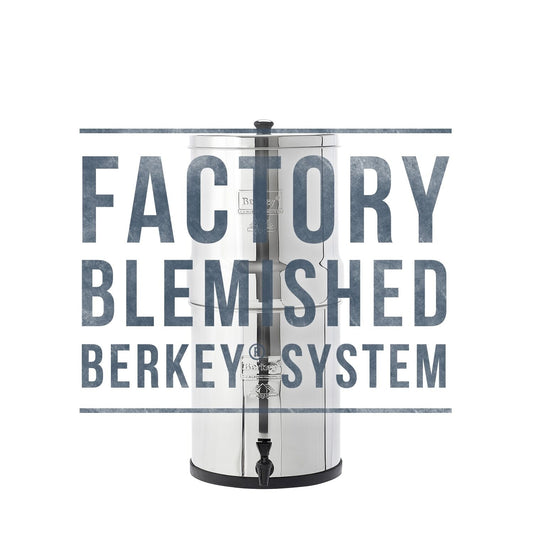
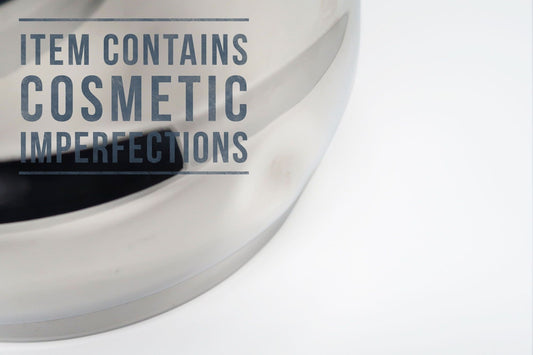








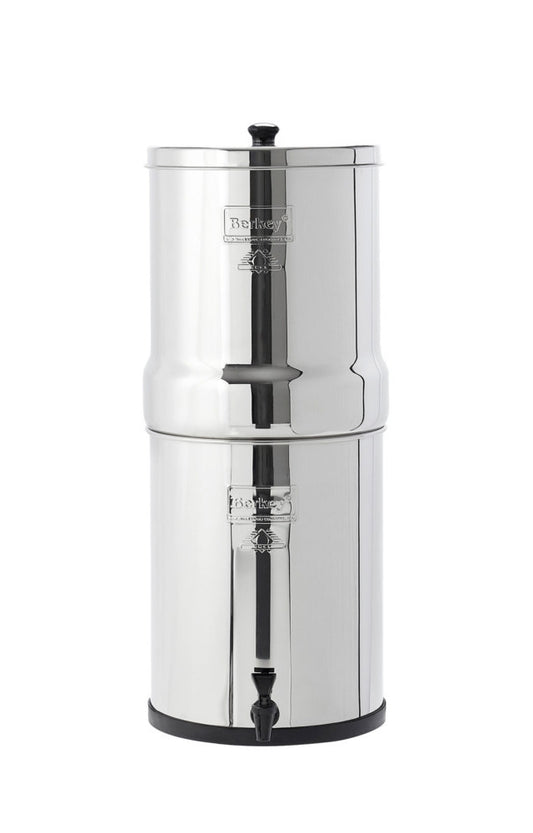
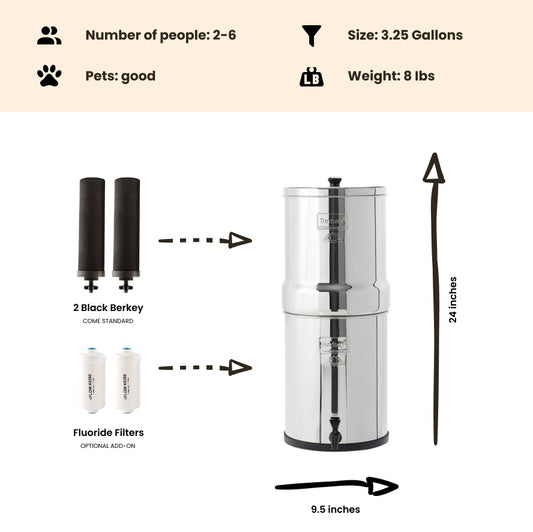



Happy to hear that this is in development, but disappointed that it is not yet on market. Was hoping, as was reading the article that there would be a link that would take me to a place online where I could buy some of the pills. Very anxious for these. Any speculation as to when they might be released? Even if I have to buy them from another country... I'd do so.
Thanks!
Hi Mindy -
No, unfortunately the sources of the article did not provide guidance on release times.
Thanks
Dan
It sounds very interesting to know very quick method of testing water sample. Can you send me more details on this product and how can I get this in India.
Hi Mandar -
This product is not yet available, but is in development.
Thanks
Dan